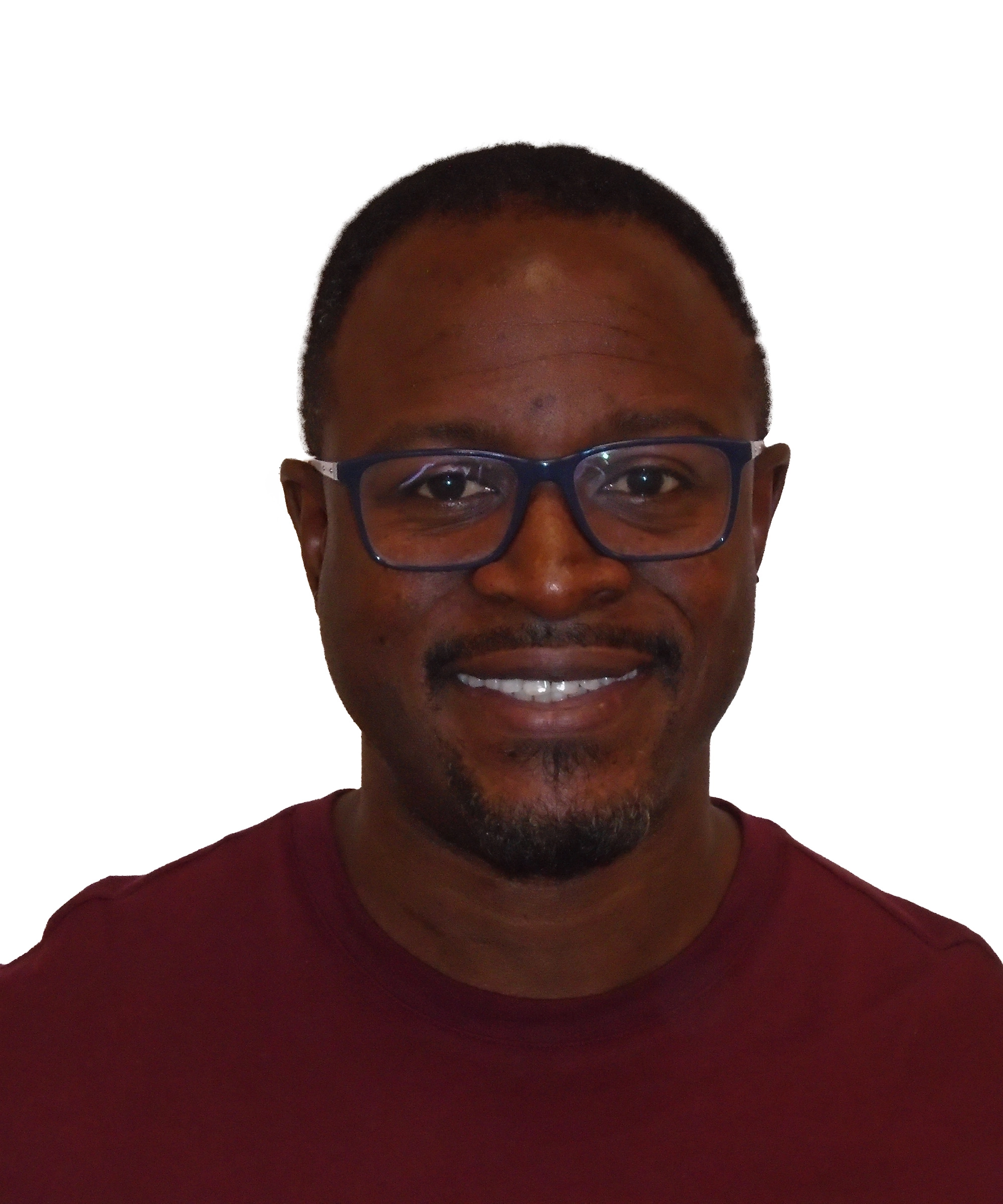RCEI Leadership
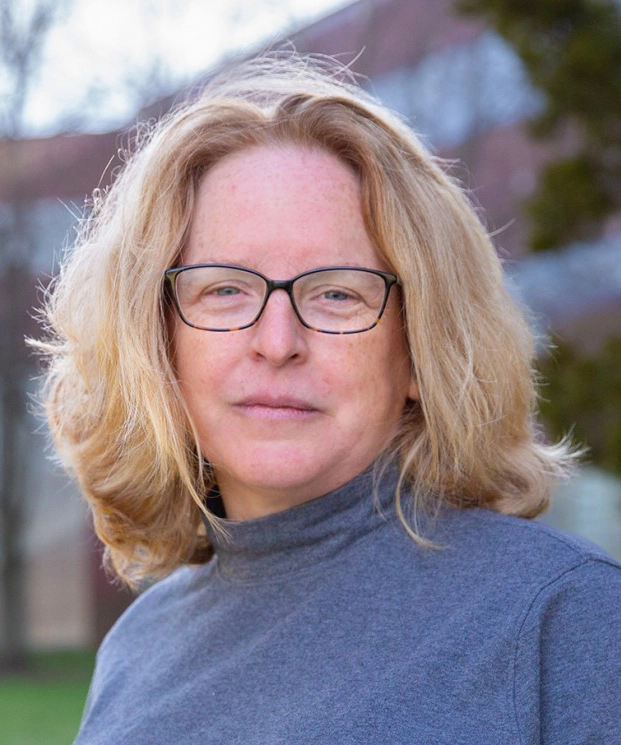
Julie Lockwood
Director
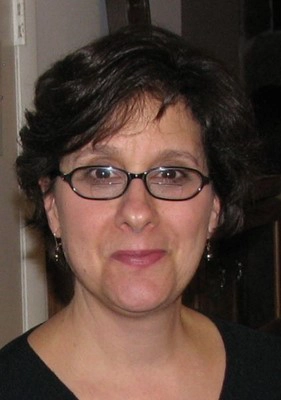
Marjorie Kaplan
As Senior Associate Director, Dr. Kaplan assists the RCEI Director in administrative functions of RCEI as well as internal and external engagement. Dr. Kaplan led and managed the full portfolio of activities of the Rutgers Climate Institute for a decade, the precursor initiative to RCEI. She is Co-director of the New Jersey Climate Change Resource Center, a statutorily created climate services center that creates and supports the development of applied research and tools, technical guidance, and delivery of that information to help policymakers, practitioners, communities, and citizens in New Jersey adapt to, and mitigate a changing climate. For 13 years she co-facilitated the New Jersey Climate Change Alliance (a network of diverse statewide leaders that shared the goal of advancing evidence-based climate change strategies at the state and local levels in New Jersey) that has since reorganized into a consultative role to the NJ Climate Change Resource Center. Dr. Kaplan designs and conducts applied research and analyses related to natural and working lands, carbon sinks, climate and health/health equity, and climate and community resilience. Her 40+ year career has included more than 20 years in government and 10 years in the private sector. She was the first Director of the New Jersey Department of Environmental Protection’s Office of Climate and Energy where she oversaw regulatory programs under the Global Warming Response Act, the Global Warming Solutions Fund Law and regional initiatives to address climate change within various sectors, including the Regional Greenhouse Gas Initiative. Dr. Kaplan holds a B.S. in Natural Resources from Cornell University and a Masters and Doctorate of Public Health from Columbia University.
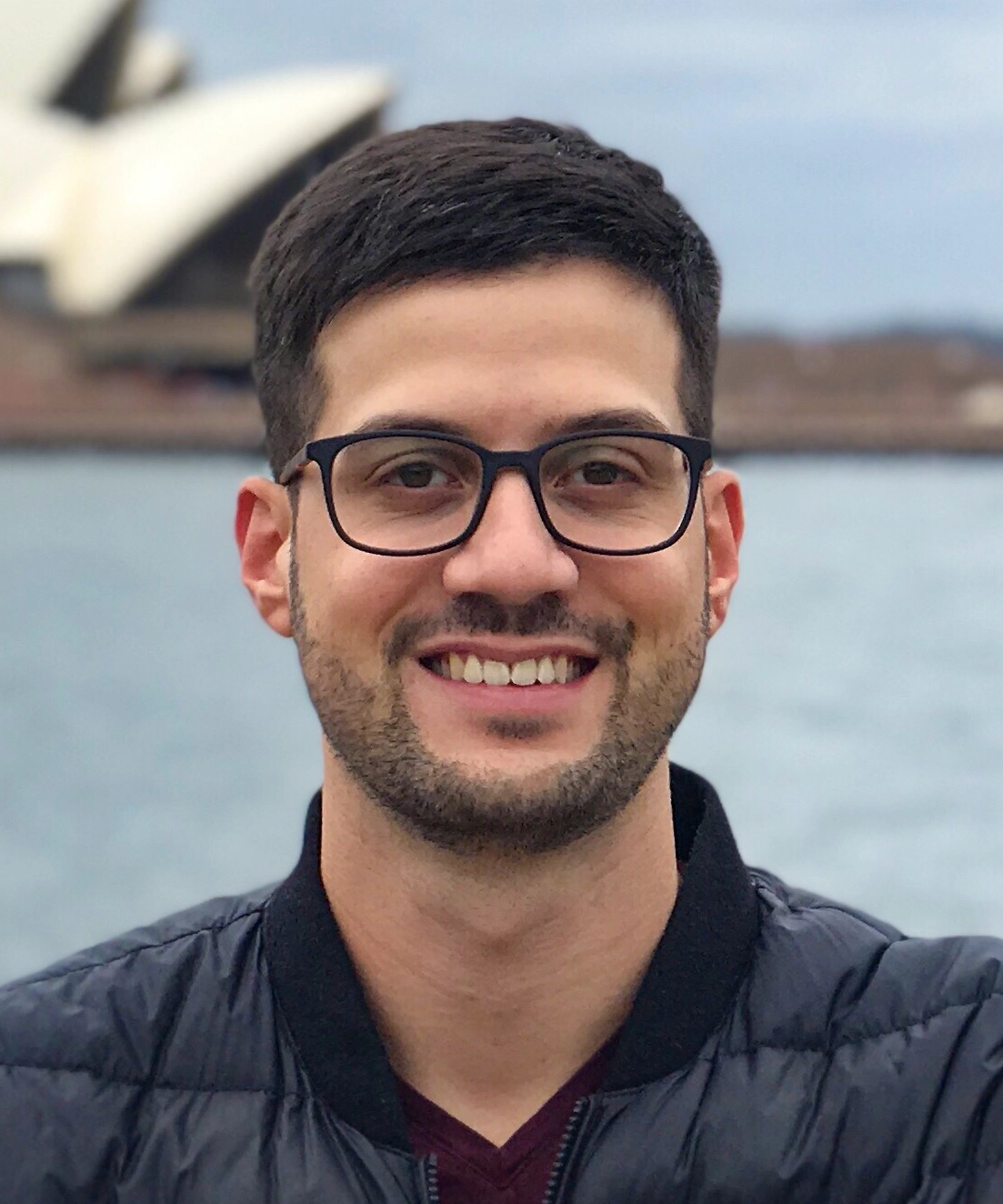
Oliver Stringham
Research Analyst
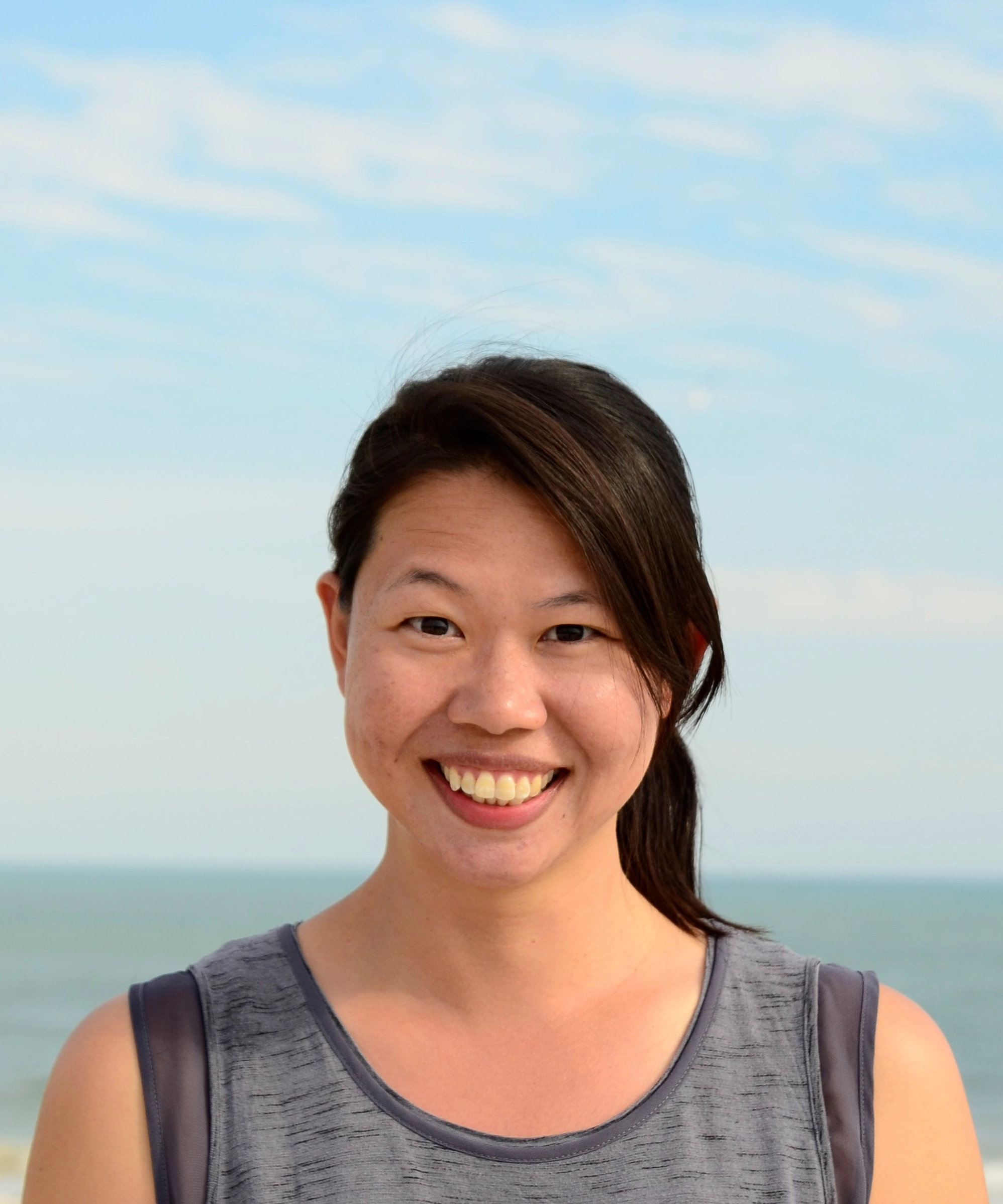
Joyce Ong
Research and Grants Facilitator
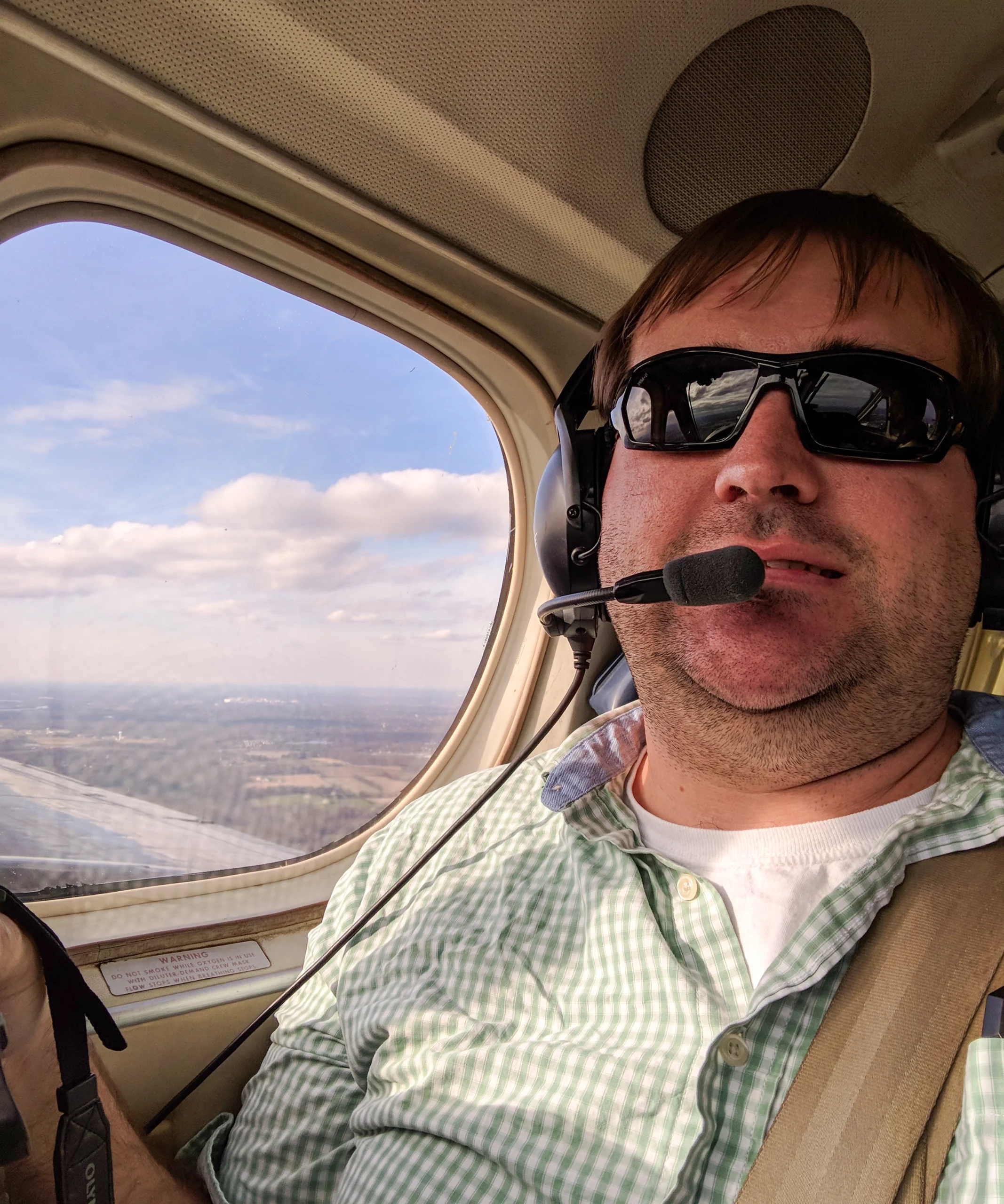
Matthew Drews
RCEI Area Leads
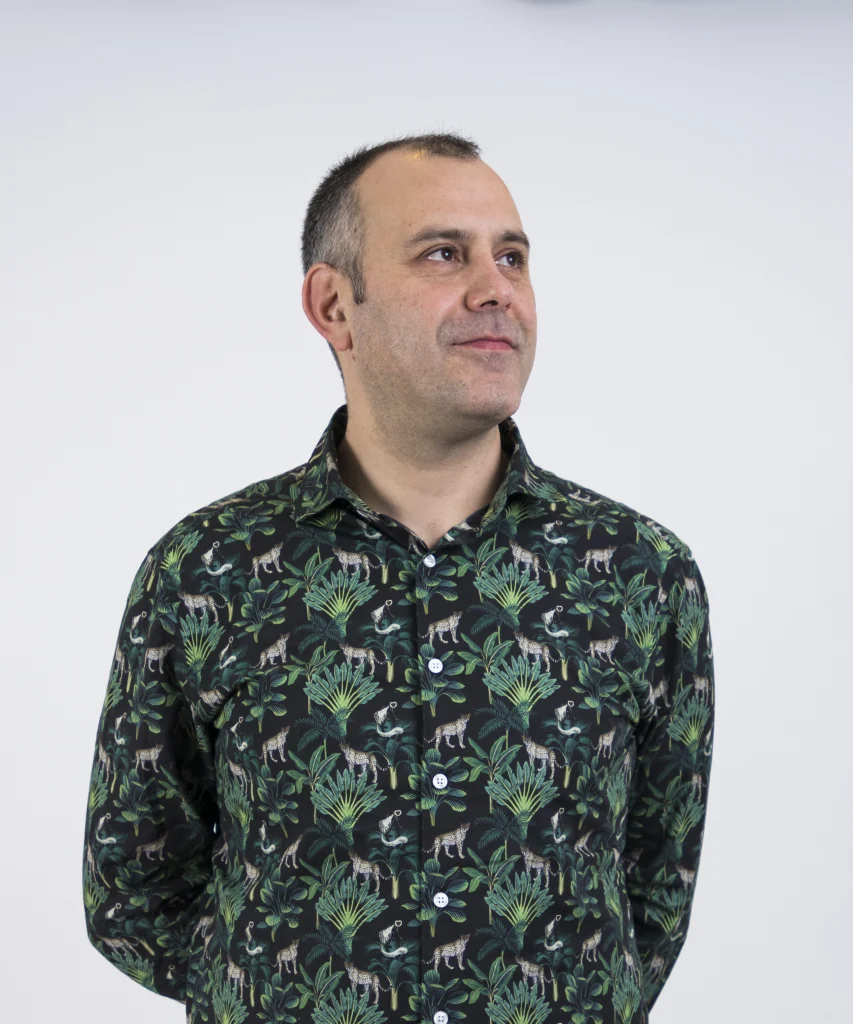
Atif Akin
Atif Akin’s work is about technoscientific criticism in the context of contemporary art, science, and politics. Integrating technology as both subject and means of expression, Akin explores issues that are considered sensitive in the public discourse, unlocking them from the rigid political categories in which they reside.
Through his interdisciplinary approach, Akin contributes to the broader discourse on sustainability and the role of techno-science and culture in the dystopian futures. By looking at scientific and political phenomena, he extracts and creates meaning in a visual context, with broad political and scientific significance. His works appear as museum, gallery or public space installations, and in screen-based and printed publication formats, including online works.
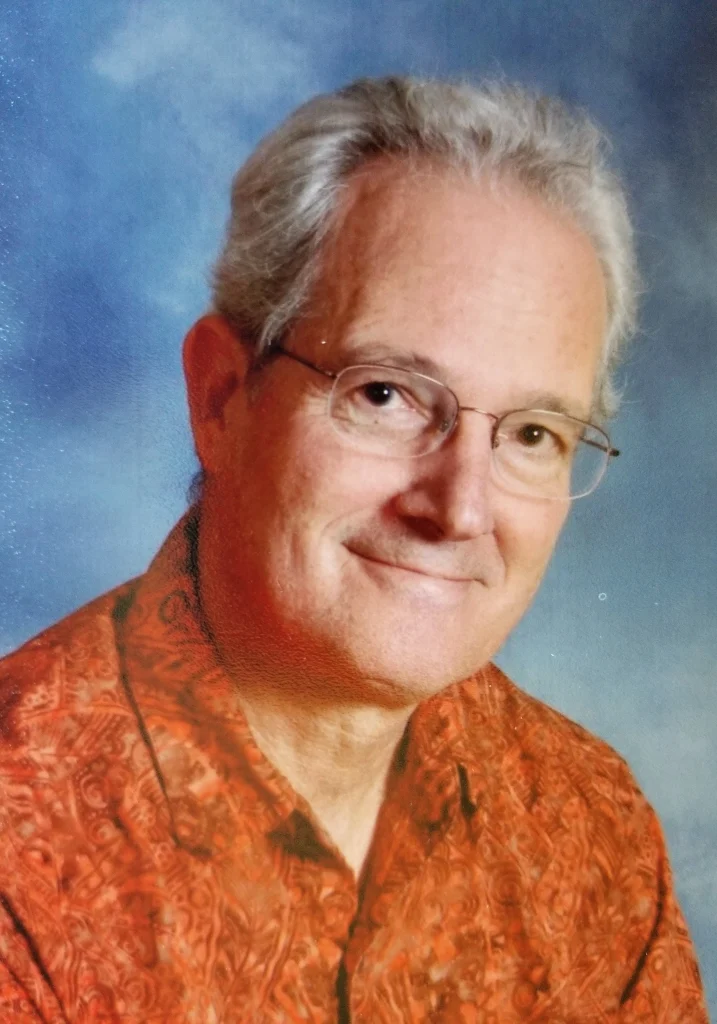
Dunbar Birnie
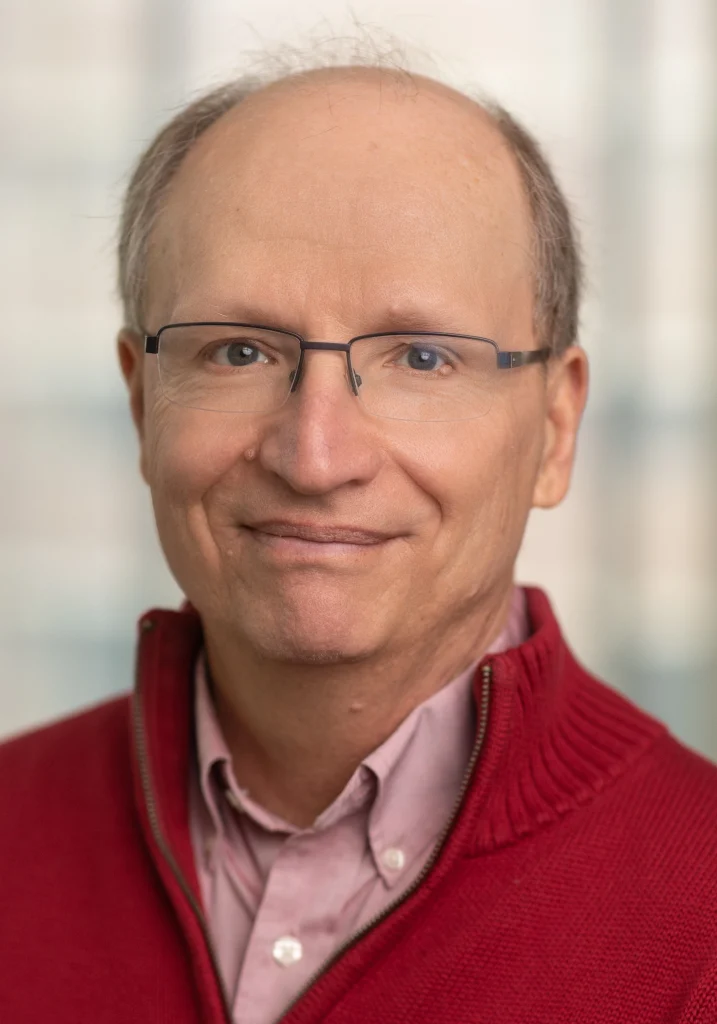
Anthony Broccoli
